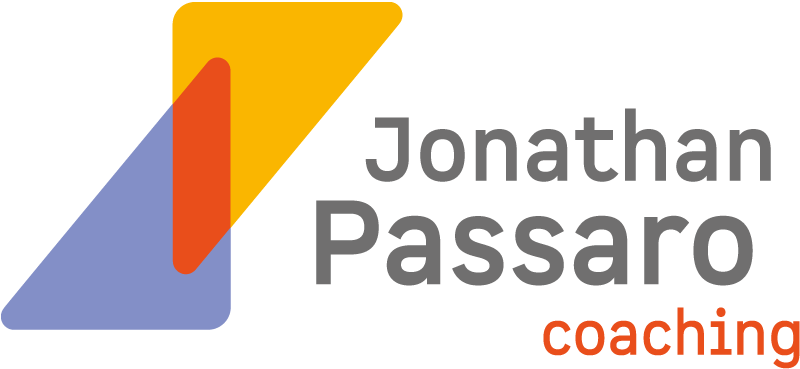How to Know When You Have Done Enough
Many people think about objectives as a source of pressure: we set goals in order to push ourselves to improve our performance. However — paradoxical though it may seem — having specific objectives can actually help to reduce stress.
Show Off Your Listening Skills
The more you are able to demonstrate your ability to listen deeply, the more you will become a privileged confidant — which can be a major asset at work. This article presents some key ways to demonstrate that your colleagues can rely upon you for your excellent listening skills.
Why active listening is an essential skill
At all levels of seniority, at every stage of one’s career, and in virtually all fields, active listening distinguishes itself as a skill that is as essential for success as it is rare.
The Role of the Professional Coach
People are often surprised to learn that the role of a professional coach is not to teach, to say what one should or should not do, or how best to complete certain tasks. What, then, is the value-added? Drawing a comparison with a ski guide can be a helpful way of thinking about the answer.
Good Stress, Bad Stress
We all know it’s true: a certain level of stress is a good thing. Without any pressing need, it can be tough to find the motivation necessary to work efficiently. Of course, once stress gets above a certain level, it becomes counterproductive and makes us underperform.
Why deliberate practice matters
Continual improvement is essential in order to avoid stagnating in one’s career. Picking up on the theme from last week, a skiing analogy can help us understand why, with the same amount of effort, some people advance while others get stuck.
Keeping Long-Term Objectives in Sight
Short-term objectives in the form of emergencies tend to absorb all of our energy and attention at work; over time we stagnate. How can a comparison with skiing help us understand this phenonmenon? And how can working with an executive coach help?
Understanding coaching: a series
Over the next few weeks, I’ll use skiing as a metaphor to help readers to understand better why, even if you are aware of your weaknesses and what needs to be done to overcome them, working with a professional coach can help you to achieve your goals more quickly and effectively.
Why Self-Blame Can Be Counterproductive
Sometimes negative self-talk is a smoke screen that distracts us from enacting meaningful change. The path to improved habits does not always have to lead you through self-blame.
Why Acceptance Can Help Increase Productivity
Everyone seems to be on the constant lookout for ways to increase their productivity. One frequently-overlooked tool is accepting what you are unable to change — in particular, your colleagues or your employer.
The Myth of the “Self-Made” Individual
Every idealised story of “self-made” individuals obscures the work of numerous people, giving the erroneous impression that it is ever possible for an individual working in isolation to reach the loftiest heights in any field. This creates unnecessary pressure for many people who think that it is not only laudable but necessary to do everything themselves, without ever demanding help from anyone at all.
Accepting Bad Decisions
We are all human, and as a result we all make a wrong choice now and then. However, consider this: even a poor decision is better than a decision not taken.












